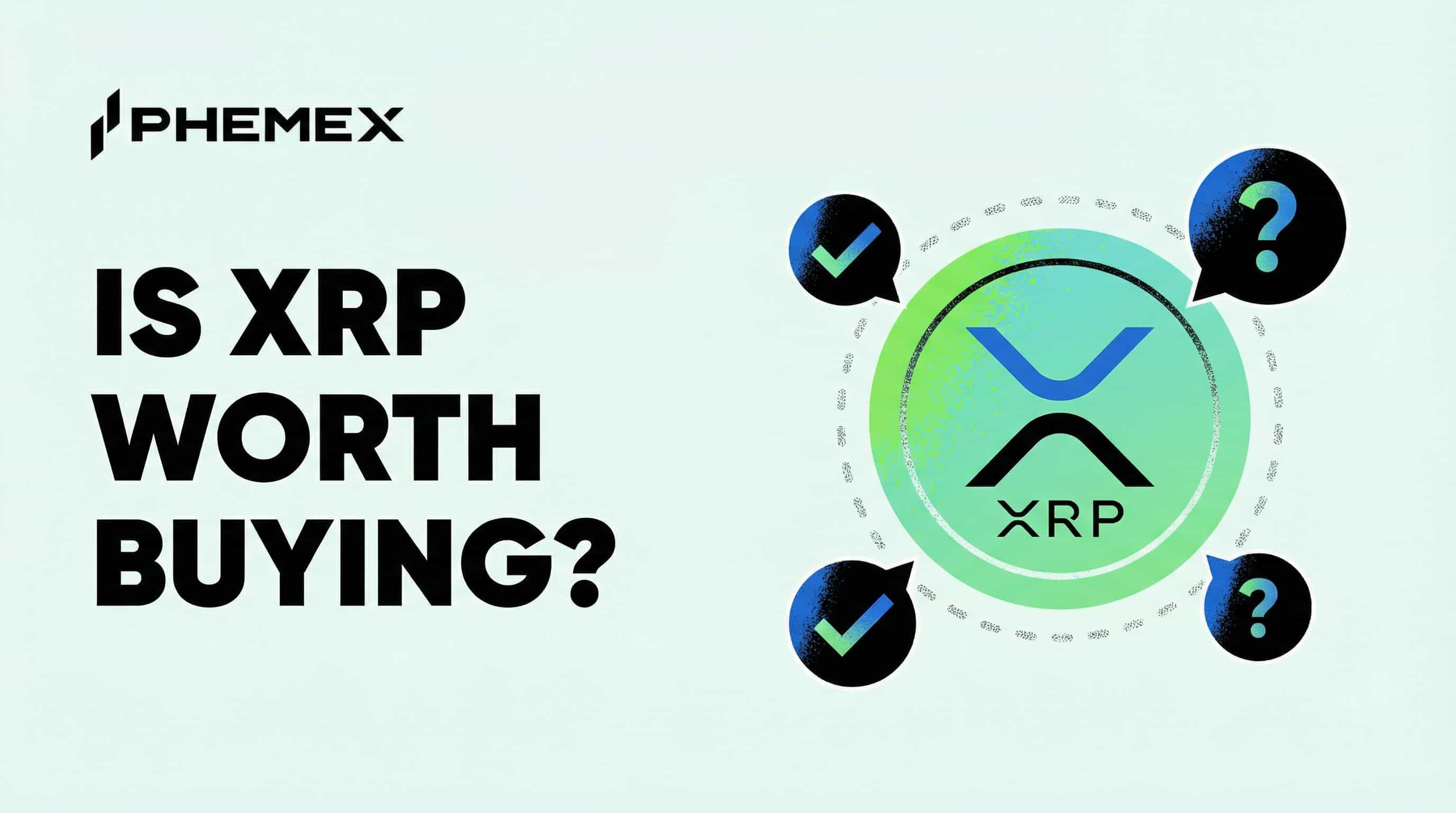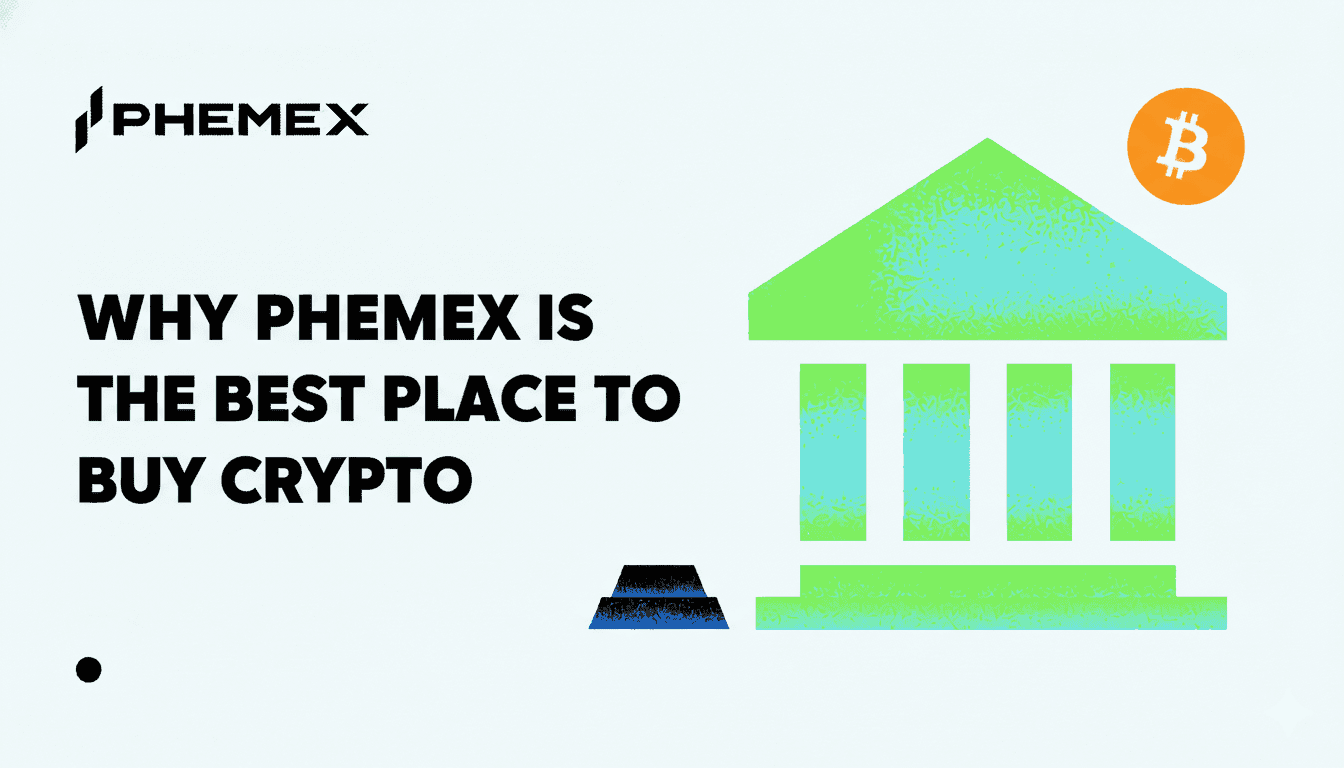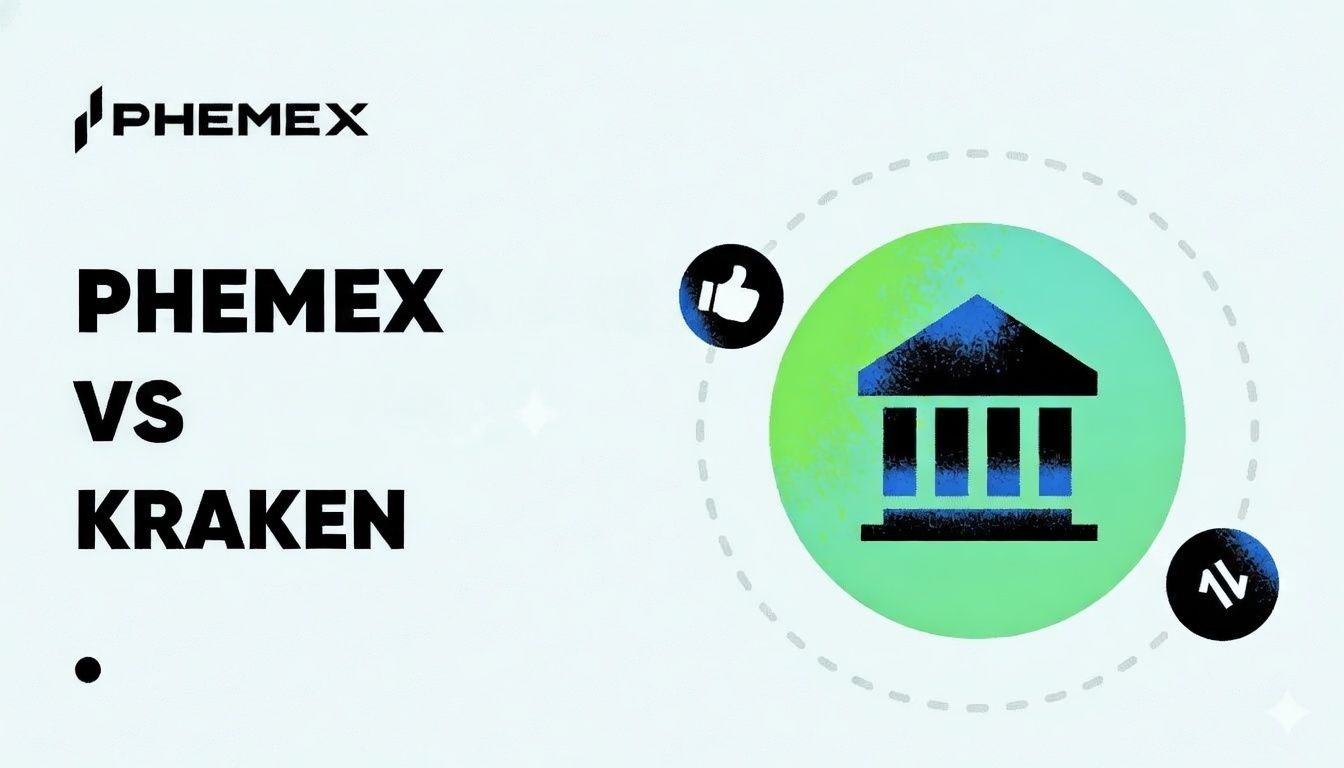Since the price of Bitcoin has risen over the past few weeks following its month-long stay in the $30,000-$35,000 range, it’s a good time to revisit and analyze the fundamentals that reflect the price of Bitcoin.
Although there is no single thing, “silver bullet,” or quantitative and qualitative factor that solely determines the price of Bitcoin (and its value), as with almost all investment classes, there are indeed a number of variables and metrics that can be analyzed to give approximate valuations.

What Determines Bitcoin’s value?
When talking about money forms, whether digital or physical, these items gain their value based on their potential usage, and because Bitcoin shares many of the characteristics of money, it also has value.
Bitcoin is portable (unlike gold), fungible, scarce, divisible, and has recognition worldwide. Therefore, in this sense, it already has the foundational properties to become a valuable medium of exchange. However, as with all currencies, Bitcoin’s value over the long term will be decided by peoples’ and countries’ willingness to accept the asset as a currency and payment form.
For example, if Bitcoin were to be integrated onto global e-commerce platforms like Amazon, Walmart, and Alibaba, then its inherent value would increase. Also, if various central banks begin holding Bitcoin on their balance sheets and invest in the cryptocurrency, then its worth as a monetary form will increase. The same thing applies if companies were to conduct international trade in Bitcoin rather than dollars.
But at the end of the day, it’s complex to assign value to a thing such as Bitcoin because it really depends on how it’s used and how people perceive it, which leads to an interesting question, who exactly is the arbiter that has the power to decide the value of Bitcoin?
What Determines The Price Of Bitcoin?
One of the good things about decentralized finance is that decision-making and network governance is devolved to the greater community. Bitcoin in particular introduced this notion in its 2009 whitepaper when it created a new approach to processing payments. This new process removed the functions of banks and instead delegated them to anonymous miners. The lack of central counterparts and regulatory authorities in the Bitcoin network is viewed as a key benefit to many Bitcoin users.
Who Sets Bitcoin’s Price?
Because Bitcoin users and network operators run the network, it is ultimately them who decide the price of Bitcoin. It’s similar to sports, the referee can indeed impact the game, but it’s the players that play the sport, make it exciting, and give it value. In Bitcoin’s case, central banks have less power than they do in the traditional finance and banking sectors.
What Indicators & Variables Influence The Price Of Bitcoin?
While this list may not be fully exhaustive, these are some of the factors that determine the price of Bitcoin and its value.
- Supply and Demand
Supply and demand is one variable that impacts the price of Bitcoin. For example, “the Bitcoin protocol allows new bitcoins to be created at a fixed rate.” Thus, new bitcoins are added to the supply when miners successfully process transaction blocks, and this process is designed to slow down until the Bitcoin supply limit is reached (at 21 million). Because of this limited supply, the price of the coin increases as demand for the coin outpaces supply.
- Competition
Competition can either raise the price of Bitcoin or lower it. As the number of cryptocurrencies increases along with their popularity, this can potentially lower the price of Bitcoin as its demand is lower by other coins. However, the opposite is just as true. As competition decreases, the more likely it is that the price of Bitcoin will increase or remain the same.
- Cost of Production
Bitcoin mining requires an enormous amount of electricity. Therefore, only large entities and countries with the resources to undertake the endeavor can mine Bitcoin. Hence, the initial costs of Bitcoin mining push up the price of Bitcoin.
- Regulations and Legal
It is well-known that regulations and legal matters typically slow down growth in most industries, which then naturally pushes down asset prices. However, since Bitcoin, blockchain technology, and crypto as a whole is so new, regulations and legal matters may in fact give confidence to the industry by smoothing out issues around privacy, insurance, and tax. By providing stability to the industry, this can help encourage more people to enter the market. As a result, Bitcoin’s price could rise.
On the other hand, over-regulation of the crypto industry and the digital economy can have the opposite effect and cause Bitcoin prices to drop. This point in particular has already been stress tested with regards to regulations coming from India, China, South Korea, and the United States.
- Availability
In order to own Bitcoin, decentralized platforms and centralized crypto exchanges are needed so people can buy and sell Bitcoin. If it is more difficult to buy and hold Bitcoin, the less likely its price will rise.
- Sentiment
Another factor that influences the price of Bitcoin is sentiment. Obviously, this is one of the big ones too. If Elon Musk is tweeting for Bitcoin or against it, it will surely have an impact.
Moreover, is the Bitcoin Fear & Greed Index, which analyzes the emotions and sentiments from various news and social media sources, and crunches them into a scale.
How Valuable Is Bitcoin?
Bitcoin is fundamentally a currency. Therefore, its value is determined by how many goods and services it can buy. However, Bitcoin seems to possess other qualities too. People believe that Bitcoin is an asset that acts as a store of value to fight against inflation. People also see Bitcoin as an investment and an asset that can bring positive returns.
But going back to Bitcoin’s function as a currency, currently what hurts Bitcoin’s role as a currency is that most people cannot use it to buy everyday goods and services, such as milk and eggs. Furthermore, Bitcoin also cannot be used to pay taxes. These things together lower its value.
However, one of the main arguments in favor of Bitcoin and cryptocurrencies as a whole is that no single entity controls it, thus its value is determined by those who use it. Therefore, it is believed that market forces will naturally establish the conditions needed to ensure for the stable use of Bitcoin. Thus, avoiding many of the downfalls that come from centralized currencies, as history has shown.










